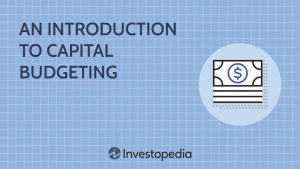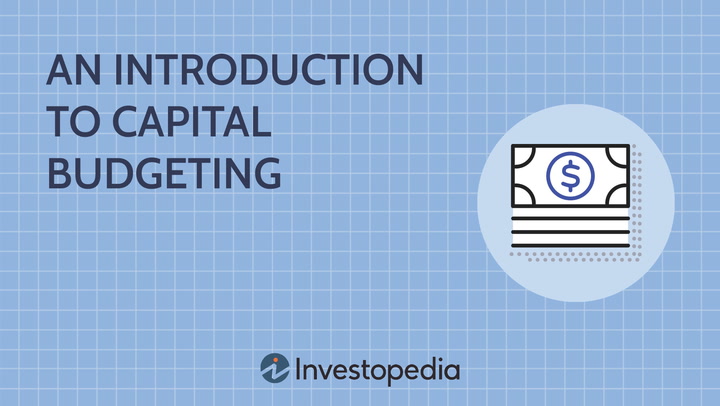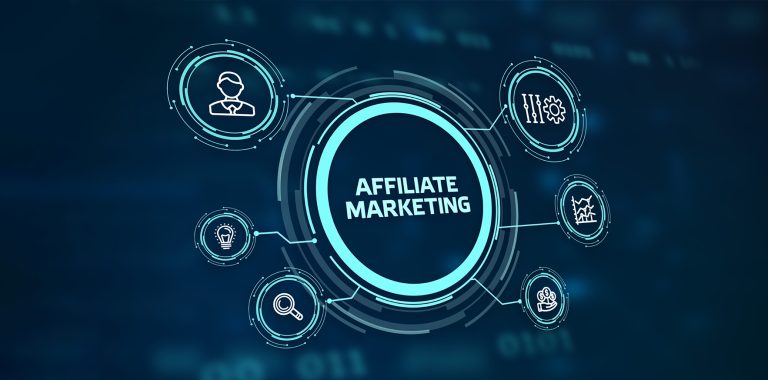Teacher education is a critical component of any education system. It involves the preparation and development of qualified teachers who are capable of inspiring and educating students. Effective teacher education programs equip future educators with the knowledge, skills, and dispositions necessary to create positive learning environments.
Key Components of Teacher Education Programs
- Content Knowledge: Teacher candidates must have a deep understanding of the subjects they will teach. This includes both theoretical knowledge and practical skills.
- Pedagogical Knowledge: Teachers need to know how to effectively plan and deliver lessons, manage classrooms, and assess student learning.
- Curriculum Knowledge: Teachers must be familiar with the curriculum standards and guidelines that govern their teaching.
- Professional Ethics and Responsibilities: Teachers must adhere to ethical principles, maintain confidentiality, and uphold professional standards.
- Field Experience: Practical experience in classrooms allows teacher candidates to apply their theoretical knowledge and develop practical skills.
Challenges in Teacher Education
Despite its importance, teacher education faces several challenges:
- Teacher Shortages: Many countries experience shortages of qualified teachers, particularly in specific subject areas and geographic regions.
- Diversity and Inclusion: Ensuring that teacher education programs prepare teachers to work with diverse student populations.
- Technology Integration: Equipping teachers with the skills to effectively use technology in the classroom.
- Ongoing Professional Development: Providing opportunities for teachers to continue their learning and stay up-to-date with the latest educational trends.
The Future of Teacher Education
The future of teacher education is likely to be shaped by several factors, including:
- Technology Integration: The increasing use of technology in education will require teachers to be digitally literate and able to integrate technology into their teaching practices.
- Globalized Education: As the world becomes more interconnected, teachers will need to be prepared to work with students from diverse cultural backgrounds.
- Personalized Learning: The use of technology to tailor instruction to individual student needs will require teachers to adapt their teaching strategies.
- Lifelong Learning: Teachers will need to engage in ongoing professional development to stay current with educational trends and best practices.
By addressing these challenges and embracing emerging trends, teacher education programs can continue to produce highly qualified educators who are prepared to inspire and empower the next generation of learners.
Would you like to delve deeper into a specific aspect of teacher education, such as teacher certification, teacher evaluation, or the impact of technology on teacher preparation?








+ There are no comments
Add yours